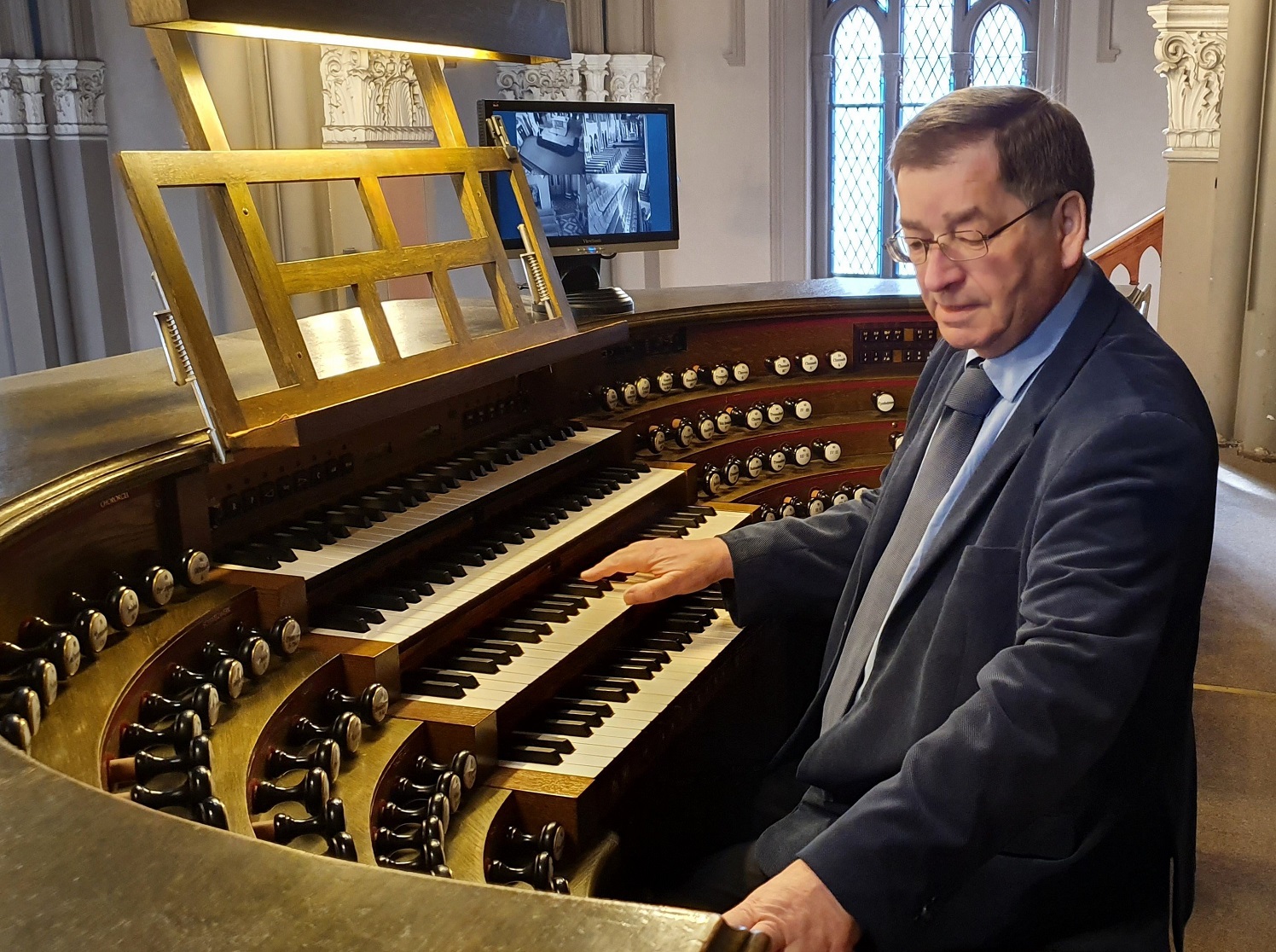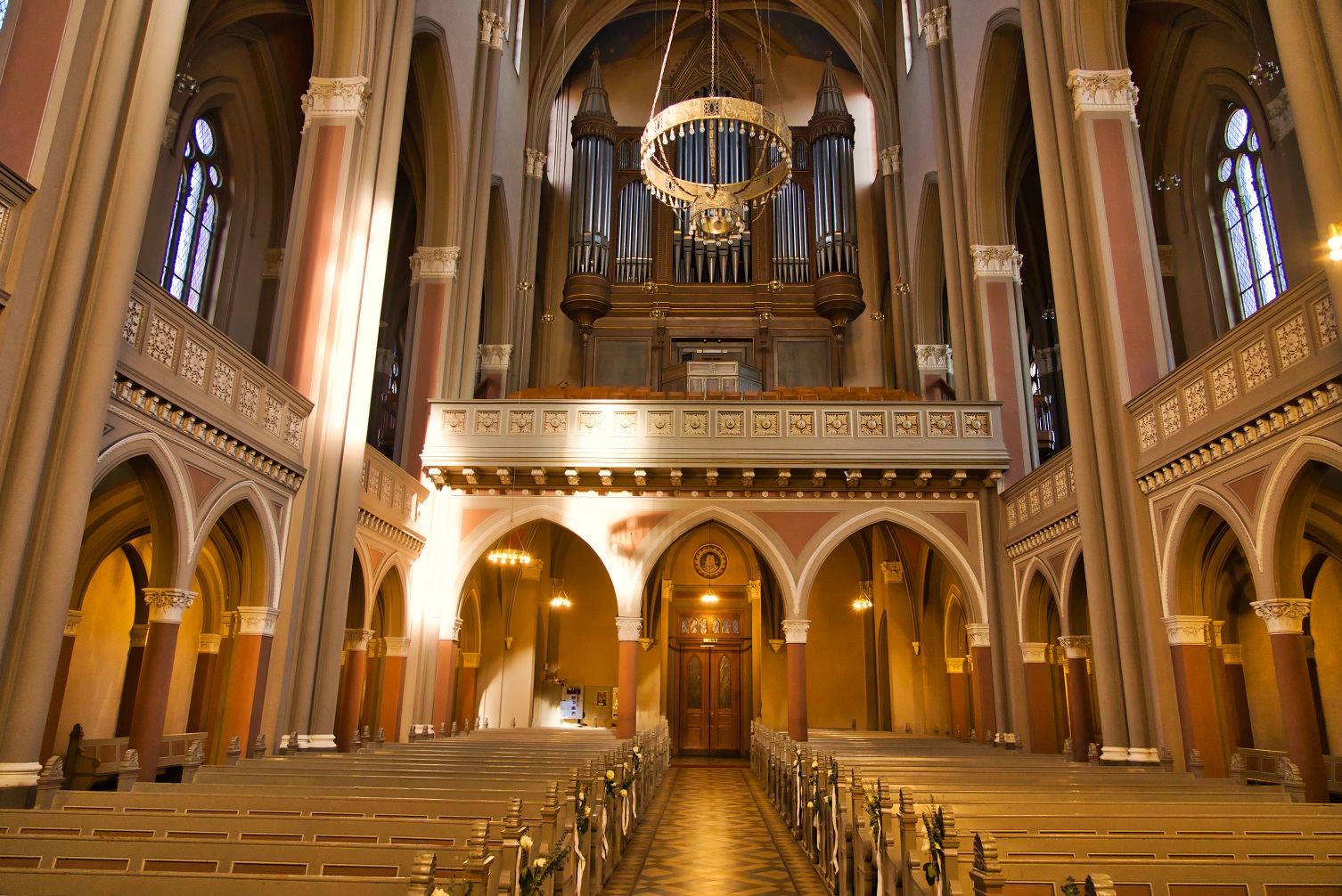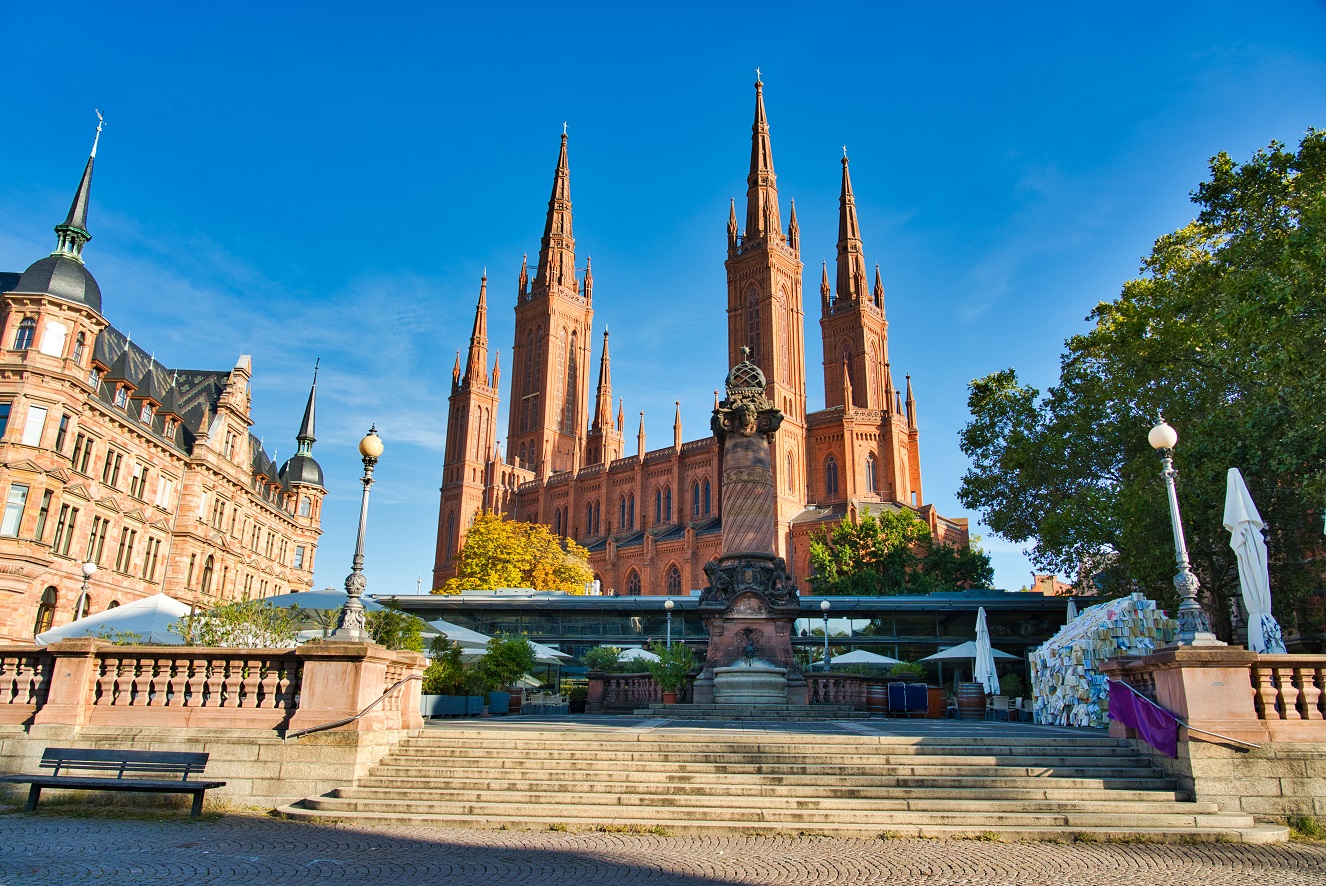
Having played the organ at Notre Dame Cathedral in Paris, St Paul’s Cathedral in London and the Riverside Church in New York City, Hans U. Hielscher rates the Dunedin Town Hall’s "Norma" as one of the best concert hall organs he has performed on.
"Worldwide, every pipe organ is different — there aren’t two alike. They range from small chapel organs to huge concert hall instruments, from centuries-old Renaissance organs to modern state-of-the art instruments," he says.
"I heard Norma for the first time when I sat down on the organ bench to prepare for my first recital in 2003, and I was enchanted by the sound of this extraordinary instrument from the very first moment."
That was his first visit and his love of the instrument, which was built by master organ builder William Hill in 1919 in England before coming out to Dunedin in 1930, has seen him return regularly, including one trip where he recorded Norma for a famous German CD label and another where he brought 40-plus German organists to visit her on a tour of New Zealand.
For this visit to Dunedin — he is playing 14 recitals throughout New Zealand — he has chosen a programme of original organ works as well as romantic and colourful orchestral transcriptions that are tailored especially to Norma and its unique "symphonic-romantic character".
Asking Hielscher what his favourite instrument is is a bit like asking a mother who her favourite child is, he says.
"Every organist has favourite styles of music that he or she prefers. For example, lovers of baroque music would travel to historic organs in East Germany or France and play instruments that Bach or Couperin already had played in the 18th century."
Among the most impressive organs he has played are the instruments in Notre-Dame in Paris, St Paul’s Cathedral in London, the Mormon Tabernacle in Salt Lake City, the Riverside Church in New York City, the Crystal Cathedral in Garden Grove California and the town halls in Sydney, Melbourne and Wellington, "to name a few".

"It is obvious that you will need a totally different organ type for an authentic rendition of this kind of music — such as my ‘own’ organ at the Marktkirche Wiesbaden [Lutheran Cathedral of Nassau], where I have had the privilege of playing this famous romantic and large instrument of 125 ranks for nearly 45 years."
The organ was played by German composer Max Reger (1873-1916) in his Wiesbaden years from 1890 to 1898, which inspired many of his compositions.
Hielscher, who studied at the Detmold State Academy of Music and in Paris/Rouen, France and the carillon at the Nederlandse Beiaardschool in Amersfoort, the Netherlands, first discovered the instrument when he attended his first organ recital at age 13, an occasion he vividly remembers.
"Our music teacher at school had distributed free tickets for an organ recital of a young and very gifted organist from South America who performed in one of our local big city churches that night. It happened that I got a seat near the organ console where I could watch every move of the soloist.
"I was so fascinated from the power of the instrument, the tremendous technical skills of the performer and his entertaining programme, that I decided: I want to be an organist."
After studying he has gone on to present nearly 4000 organ recitals around the globe. His concert tours have taken him to all European countries, the United States (73 US tours), the Bahamas, Israel, Iceland, South Africa, Australia, Japan, Hong Kong, Singapore and Bangkok.
"There have been several highlights in big cathedrals or concert halls. It is not necessarily the size of an audience, that can range from 15 to 3000 or more.
"Although I like also to play smaller organs. A large organ simply can offer much more tonal colours, and the size of a huge cathedral with its long reverberation of up to 10 seconds adds to the sound effect and musical dimension of a work."
Like fellow organist, French-based New Zealander Chris Hainsworth, Hielscher says while most travelling musicians take and play their own instruments on concert tours or in the case of pianists find very similar grand pianos in concert halls, it is totally different for organists.
"We are forced to play every day of a concert tour on a different organ of different sizes, in different acoustics, on a wide variety of consoles that have different standards in every country.

He has also been featured on radio and television, on 22 CD recordings on various international labels and is the author of the books Alexandre Guilmant — Life and Work, Famous Organs in the U.S.A., and The Organ of Wiesbaden Marktkirche.
A composer of some 60 works for organ, Hielscher has been honoured by the French government in Paris for his worldwide engagement in French organ music and nominated "Chevalier de l’Ordre des Arts et des Lettres" in 1985, and in 2019, the Hessian Ministry for Science and Art in the Capital City of Wiesbaden awarded him the "Certificate of Honour for Art and Culture".
Hielscher believes the skills needed to become a good organist are rooted first and foremost in a "profound education at the piano", enough time for daily practice and listening carefully when playing so many different tonal colours in large buildings and their difficult acoustics.
"And finally, a good sense of humour in dealing with the clergy."
He admits there is a shortage of organists and has been for many years, which is only likely to increase in coming years.
"It will hit especially the so-called full-time, professional church organist positions because of the decreasing number of church members. The financial situation of many parishes has gone down dramatically. Even cathedral organist positions have been downgraded to part-time positions, and young people have lost interest to undergo the long academic education of becoming a professional organist."
Yet he believes it can be a very special and rewarding vocation.
"I have experienced audiences that didn’t applaud for nearly one minute at the end, still spellbound by the last piece. Or a very pious church audience with a 300-fold spoken ‘amen’ at the end, instead of loud applause, after an improvisation on a gospel song. I can’t find words to express my own inner feelings in such a situation. This is what makes my profession so special and unique."
TO SEE:
Hans U. Hielscher, Dunedin Town Hall, March 10, 3pm.












